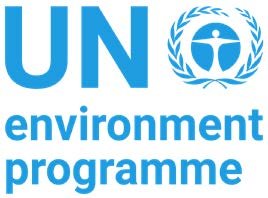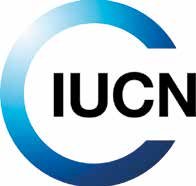Decent Work through Nature-based Solutions
Online
Decent Work through Nature-based Solutions
Supporting the Just Transition
15 Septiembre–10 Octubre 2025
El curso está disponible en English
Presentación del curso
Nature-based Solutions (NbS) offer an opportunity to create immediate "no harm" jobs, while at the same time supporting a transition to a greener and job-rich economy. There is an ever increasing demand to create decent work opportunities at the same time as to protect workers and employment during the transition to low-carbon economies. Currently, 75 million people are employed by NbS and 20 million new jobs can be generated by 2030, but 'just transition' policies are needed . A just transition is not only about the transition of the workforce, but it is equally about supporting developing countries and the most vulnerable to adapt their economies, labour markets and infrastructure to the effects of climate change and environmental problems. This course aims to gain a comprehensive understanding of decent work and NbS principles and guidelines, thus enabling informed decision-making. The content is based on the ILO UNEP IUCN report on Decent Work in Nature-based Solutions and on the WWF - ILO Nature Hires report.
¿Quiénes participan en este curso?
The course targets policy makers, development practitioners, and decision-makers-including government officials, international organization staff, and public investment advisers-who contribute to designing and implementing green economy and NbS strategies across local, sectoral, national and global levels. Participants will develop comprehensive understanding of decent work and NbS principles, enabling informed decision-making based on the ILO-UNEP-IUCN report on Decent Work in Nature-based Solutions and the WWF-ILO Nature Hires report.
What?
The course will be divided in 4 modules.
Learning block 1. Introduction to NbS and decent work
This learning block will describe key concepts such as Decent Work and Just Transition Policies, including the ILO Just Transition Guidelines, as well as describing Nature Based Solutions by answering key questions such as what they are, how they are used and explaining in detail the IUCN global standard. It will also cover the current situation of the world of work in NbS, as well as other schemes other non-NbS schemes: Nature-based enterprises, infrastructure development, PES, PEP, volunteering.
Finally, the module will establish a link between the IUCN NbS global standard and the ILO Just Transition guidelines.
Learning block 2. Conceptual and measuring framework for linking NbS with work and decent work outcomes
After reviewing the definitions and key concepts that will be used in this course, we will establish the scope of NbS work and the activities related to NbS in order to build a common framework. Here we will describe the different types of NbS work and what competencies are needed. To conclude, you will explore the key indicators for measuring decent work in the NbS.
Learning block 3. Decent work in NbS in practice
In this module, we will explore case studies of NbS from around the world and how they have integrated Decent Work into the NbS. The case studies will refer to different regions and take into account different economic, social and environmental differences. This will provide ample opportunity to discuss issues, opportunities, challenges and even the necessary enabling conditions.
Learning block 4. Future and potential employment of decent work NbS
The last module will focus on the potential employment opportunity of NbS in different sectors. Through selected case studies in sectors such as agriculture, forestry, manufacturing and construction, participants will make an assessment that will help them discuss with a panel of experts the conditions necessary to scale up NbS. Finally, the partner organization of this course will discuss the way forward and what to expect from decent jobs in NbS.
The experts













